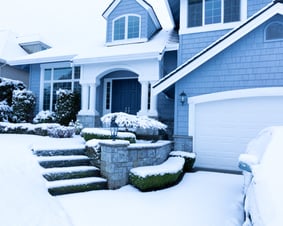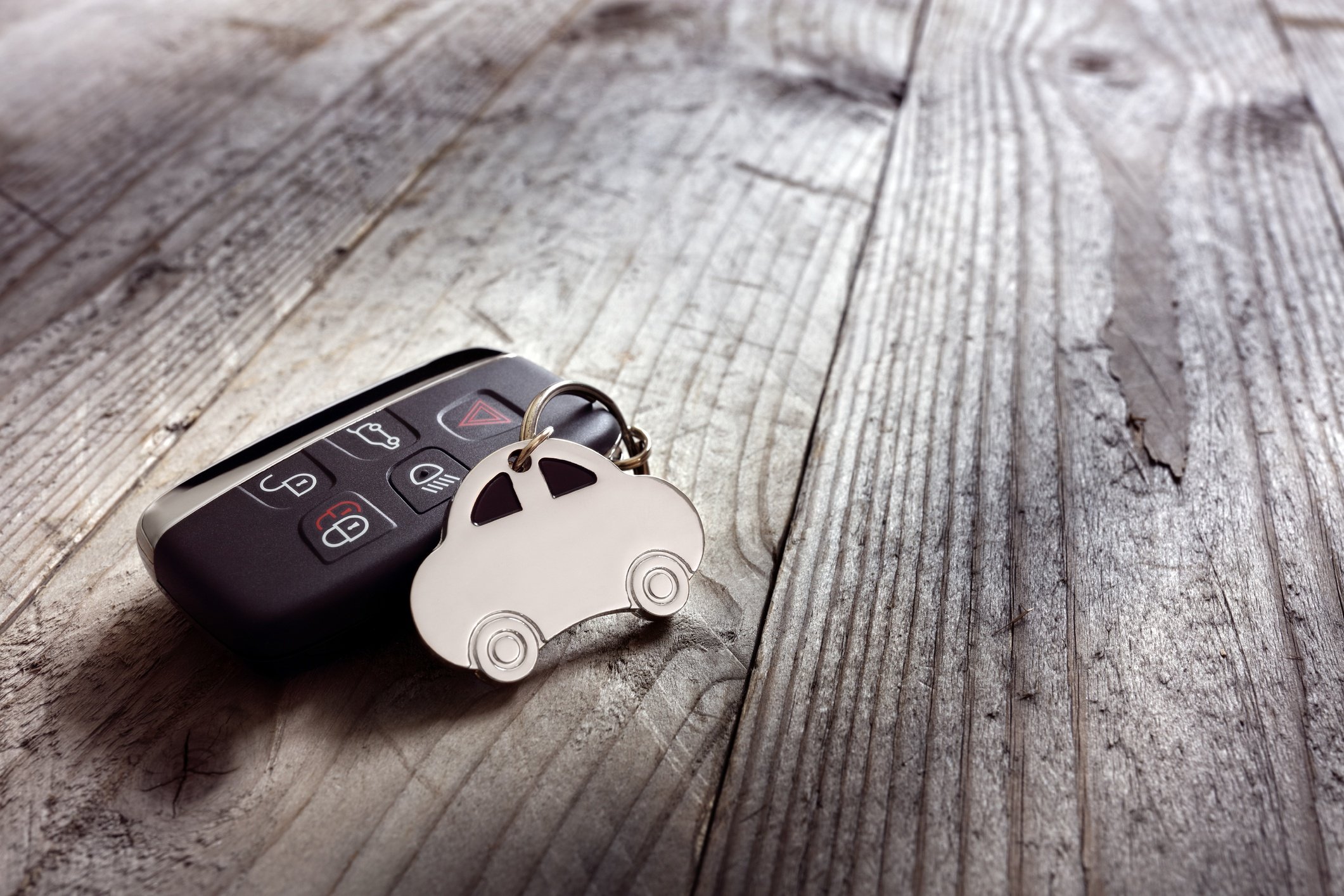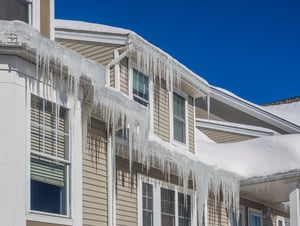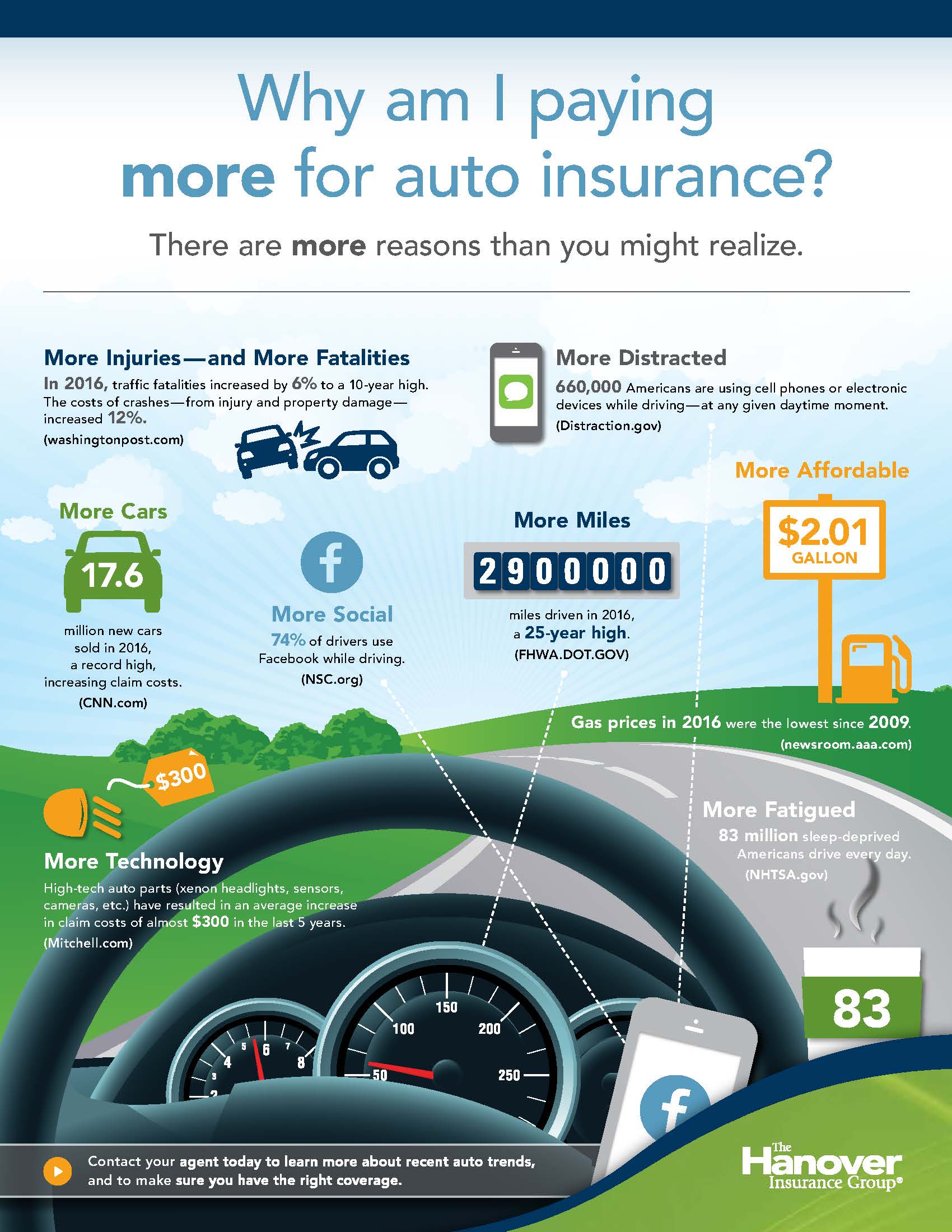 Going on vacation or visiting in-laws for the holidays? Here are some great tips to “Home-Alone” proof your house that don't involve leaving a mischievous child to set-up traps and pranks to deter burglars.
Going on vacation or visiting in-laws for the holidays? Here are some great tips to “Home-Alone” proof your house that don't involve leaving a mischievous child to set-up traps and pranks to deter burglars.
1. Get a Quality Deadbolt
A good lock system can deter most people from trying to break into your home. A deadbolt that is certified by the Builders Hardware Manufacturers Association and the American National Standards Institute, with grades of 1 through 3.
2. Get a House-Sitter
Preferably not Kevin McCallister from “Home Alone." Instead, enlist in a trusted neighbor, friend, or family member to stop by, check on the house. It will appear someone is home if their car is in the driveway frequently. =
3. Notify the Post Office
Tell the local Post Office of your plans to travel, and request that they stop sending mail to your house for the duration of your trip. A full mailbox is a huge red flag to burglars looking for a vacant home!
4. Get Electric Light Timers
Place electric light timers in various rooms of your house. Lights will give the appearance that someone is home. If you do this, be sure to notify your neighbors so they don’t mistake the lights for intruders.
5. Hire Someone to Shovel
If you will be gone during snowfall season (which in Wisconsin is very likely), hire someone to shovel your driveway. A driveway that goes un-shoveled for two or three days after a snowstorm is a huge indicator that no one is at home, even if you do all of the above items.
6. Be Careful What You Post on Social Media
While it can be exciting to share an update of the beautiful beach you're sitting on, or the gorgeous snowfall you're enjoying, be careful what you post on social media. If your posts are public (and even if they're private) you could be letting a whole lot of people know your home is empty!
Before you leave on vacation, try to put together a quick checklist of the security measures you want to implement. HINT: all the items on this list should be on it! The list serves as a great reminder right before you leave to have the relaxing and stress-free holiday you deserve!

 Did You Know? Water is the top preventable cause of damage to American homes — more than fire and theft. However approximately one in every 55 insured homes has a water/freezing claim each year.
Did You Know? Water is the top preventable cause of damage to American homes — more than fire and theft. However approximately one in every 55 insured homes has a water/freezing claim each year. We recently had a Personal Insurance client report an auto claim to us. After we made sure the client was not injured, we took a deep breath and started the process of submitting a claim. The submission process typically includes gathering details of the accident and getting the appropriate insurance carrier involved.
We recently had a Personal Insurance client report an auto claim to us. After we made sure the client was not injured, we took a deep breath and started the process of submitting a claim. The submission process typically includes gathering details of the accident and getting the appropriate insurance carrier involved. The freeze-thaw combination we experience during winter creates ice dams that will send water down interior walls of your home when it melts. An ice dam is a ridge of ice that forms at the edge of a roof and prevents melting snow from draining off the roof. The water that backs up behind the dam can leak into a home and cause damage to walls, ceilings, insulation etc. A key indication that there is an ice dam problem is the appearance of large icicles hanging from the roof's edge.
The freeze-thaw combination we experience during winter creates ice dams that will send water down interior walls of your home when it melts. An ice dam is a ridge of ice that forms at the edge of a roof and prevents melting snow from draining off the roof. The water that backs up behind the dam can leak into a home and cause damage to walls, ceilings, insulation etc. A key indication that there is an ice dam problem is the appearance of large icicles hanging from the roof's edge. As a financially successful individual, you have proven yourself to be money savvy – saving when you can and investing wisely. But are you spending your hard-earned wealth wisely when it comes to insurance?
As a financially successful individual, you have proven yourself to be money savvy – saving when you can and investing wisely. But are you spending your hard-earned wealth wisely when it comes to insurance? 





